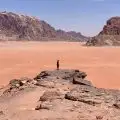Over the last 10+ years that I spent traveling around the world, I have continued to pick up helpful travel tips & tricks. These travel tips help me immensely when traveling to a new country or city, and I am hoping they can do the same for you.
Some of these tips may be more obvious, while others are very unique tips that you won’t find anywhere else. Altogether, by the end of reading through these 35+ tips, you should be well on your way to enjoying that next trip.
* Affiliate Disclosure: This post may contain affiliate links, which means I may receive a commission if you make a purchase through the links provided, at no additional cost to you. Thanks for supporting the work I put into TripTins!
1) Travel Tips & Tricks Overview
Throughout this list of travel tips, I will break them down into different sections. These sections will then deep dive into more specific ways on how to make your travel experience more stress free.
The 6 categories of travel tips include:
- Packing List Travel Tips
- Cash & Money Travel Tips
- Logistics Travel Tips
- Travel Planning Tips
- Staying Connected Travel Tips
- Experience Travel Tips
Let’s now dive into these travel tips and go through some examples on how they can be applied.
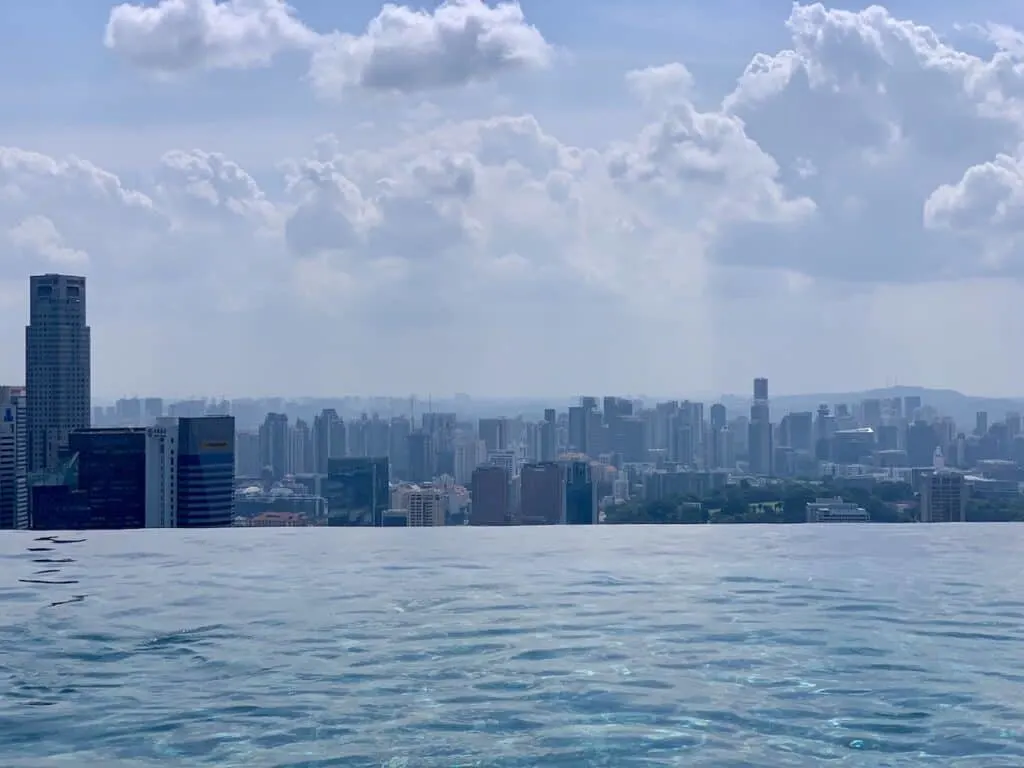
2) Packing List Travel Tips
Bringing along the right gear is going to go a long way when it comes to traveling stress free. Whether that means clothing, backpacks, accessories, or other items, there is a lot to think about when traveling.
Of course, each trip may be different and as a result a packing list may be different too. I doubt you will bring along the same gear when going to Iceland and Indonesia!
The packing list tips below, however, are meant to work for all trips, no matter what the weather or what type of trip you are taking.
Read More: Feel free to also check out my Around the World Packing List & Hiking Packing List for more specific overviews for that type of traveling
Bring Along a Water Bottle
In all situations, you will always want to keep hydrated while traveling. What better way to do so then bringing along a re-usable water bottle.
Instead of consistently buying single use bottles, you can rather invest in a solid water bottle that you can fill up as you go. This way you can fill up at airports (after security), at water fountains, at your hotel, or even on the trail.
Water Safety Note: with that said, not everywhere in the world offers safe drinking water. In those cases, you may not be able to just fill up anywhere. In these cases, you may need to buy single use bottles or you can invest in a water purifier. This can be in a form of UV Sterilizer Pen or Katadyn Water Bottle.
Secure Your Bags with Baggage Locks
When traveling it is of course important to keep all of your belongings safe. If something goes missing, you may have a hard time getting it back – especially when it comes to passports, credit cards, cash, etc.
To better ensure the safety of your belongings, I would recommend bringing along baggage locks for your bags. By putting baggage locks on your luggage, carry-ons, & backpacks, you can better guarantee that no one will be able to access your valuables.
This continues to hold true when you may be heading out for the day with a backpack. To avoid any pickpocketers, you can keep that baggage secured. Having that peace of mind that your valuables are safe will make your trip more enjoyable altogether.
You Can Always Do Laundry
One issue I see a lot when traveling is that people like to overpack. This in turn creates a larger packing list and more luggage to carry around.
During my trip around the world, I was living out of a couple backpacks. The only way for me to pack was to do so in a minimalist way.
No matter where you are in the world (for the most part), laundry is always going to be available. I am not talking about asking an expensive hotel that charges $10 per item. Rather, there are laundromats all over cities.
Dropping off some laundry and picking it up later on in the day (or the next day) is a common way people keep their clothes clean when traveling.
So, if you are going on a longer trip and don’t want to pack something new for each day, just remember that laundry is an option!
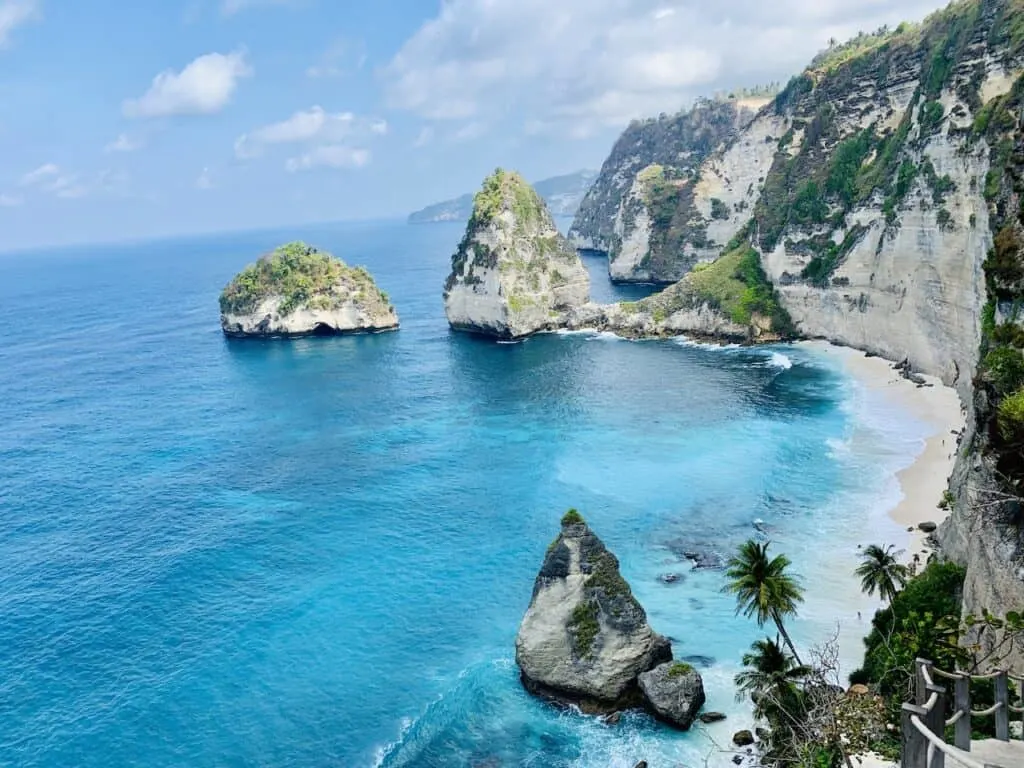
Keep Connected with a Portable Charger
One of the worst feelings to have is when you are relying on your phone but it all of a sudden loses battery. You don’t want to be in a position, where you need your phone for communication, navigation, photos, etc., but can’t do any of that with a dead cell phone.
In these cases, portable chargers can keep you charged up with battery in all circumstances. These portable chargers come in all different types of shapes & sizes.
Whether you want one that can fit right in your pocket, or you are looking for one that can keep you charged for days on end, there will be an option for you.
I have been using Anker chargers for quite some time now, and can recommend them for keeping your phone charged in times of need.
Be Ready with a Quick Dry Towel
Another must have on your packing list is a packable quick dry towel. While most hotels will have towels, you never know what situations you will be in when one is needed on the go.
Whether you are heading out for a beach day, jumping into a lake, swimming in a river, heading to a hot spring or you are staying in a hostel that doesn’t have towels. In all of these situations, a towel will be needed to dry off.
And instead of carrying along a normal heavy towel, you can simply bring along a small packable quick dry towel. These towels can be left out for short periods of time, dry quickly, and be packed up with no issues.
I would recommend checking out this Rainleaf Quick Dry Towel that comes into multiples sizes and colors.
Stay Organized with Packing Cubes
Staying organized goes a long way when it comes to traveling. You don’t want to be constantly trying to find where your socks are or where that shirt is. Instead, packing cubes can help you organize all of your clothing.
Use one cube for your underwear and socks, another cube for your shirts, and other cubes for the rest of your wardrobe. That way, once you open up your suitcase, it can be much easier pulling out what is needed.
Feel free to check out these Packing Cubes, which I have used for years now.
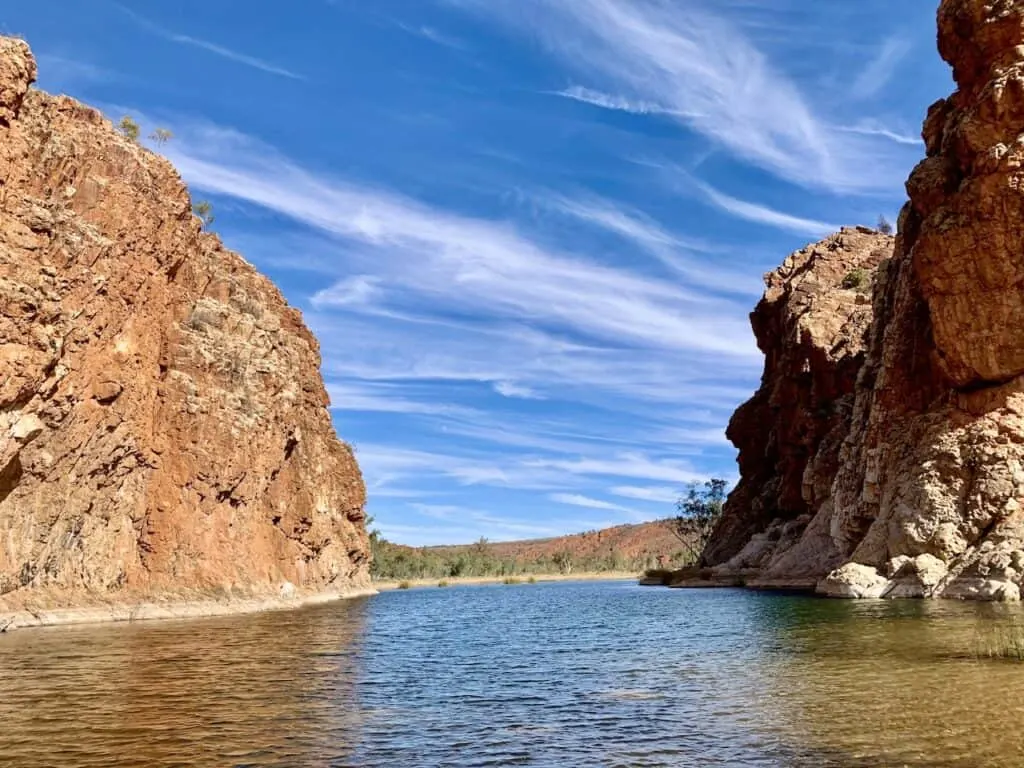
Think About Carry-On Only
While I understand there is some personal preference here, I am always going to be a believer of carryon only.
Now, understandingly this is not going to be possible for every single trip, but carry-ons will save you lots of hassle and time.
By only bringing a carry-on, you will not need to spend time at the airport checking a bag, not need to pay extra for checking a bag, remove the worry of losing luggage, and skip over the bag collection process at the airport.
For those people traveling longer term over a multitude of countries and flights, I would even more so recommend only bringing along a carry-on. During my trip around the world, I took nearly 50 flights. I think I only had to check bags on two of them when the planes didn’t have overhead compartments (such as the flight from Kathmandu to Lukla).
Don’t Forget Medications
When traveling abroad, it will be more difficult to get your hands on necessary medications. While you can get over the counter medications at a pharmacy, prescription medications may entail going to a clinic or hospital.
Before heading out for your trip, I would recommend getting any necessary travel medications that are needed. These can be antibiotics, Malaria pills, Diamox for high altitude, or Z-Pack for other issues.
Of course, please consult with a doctor to understand what will be most relevant for your trip/destination.
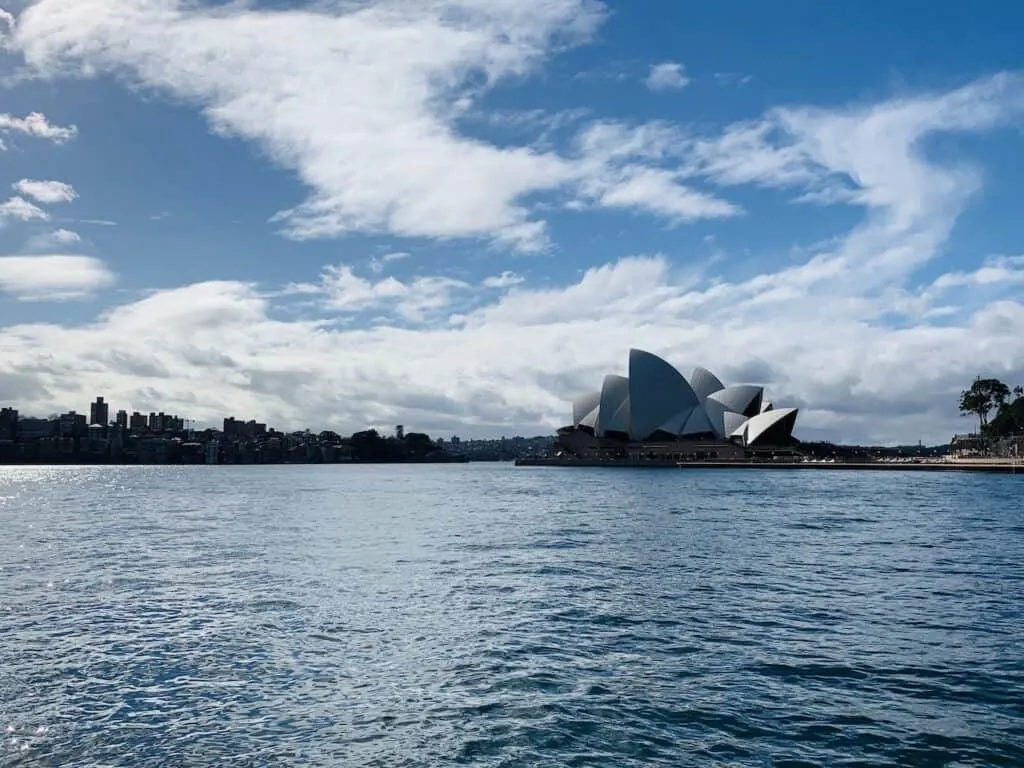
Stay Safe with a Headlamp
While most activities will be done during the day, you never know when you may take part of an activity from dusk to dawn. In these situations, a headlamp can go a long way in keeping you safe outside.
Using a headlamp will be beneficial for any sunset or sunrise hikes, when it would be much harder to use a cellphone flashlight. You will also find a headlamp to be a key item to bring along if taking part of longer overnight camping trips (like the Huayhuash Circuit).
Attach Some Luggage Trackers
Whether or not you are checking a bag, bringing along a luggage tracker such as an Apple AirTag can help ease concerns. In the case when you misplace your bag or if your luggage is lost by the airline, a luggage tracker will give you the chance to see exactly where your stuff is.

Relax with Earplugs & Eye Mask
Bringing along some good earplugs and an eye mask can help greatly in those situations when it is harder to fall asleep.
That could mean airplanes, busses, or trains when traveling from one place to the next. Or if you happen to be staying at a hostel, where you are sharing your room with others.
Always be sure to keep them handy as you never know when they may be needed.
Bring an Extra ID
It is not just about your clothes, gear, and accessories when it comes to packing. I would also recommend bringing an extra expired ID.
The reason I recommend bringing an expired ID is because there are situations where companies will ask you for an ID as deposit. For example, if renting a jet ski or scooter, companies want to have some sort of collateral on their end.
By having an old ID handy, you can simply give them this instead. No one wants to part with the ID they actually need, so an expired ID can do the trick here.
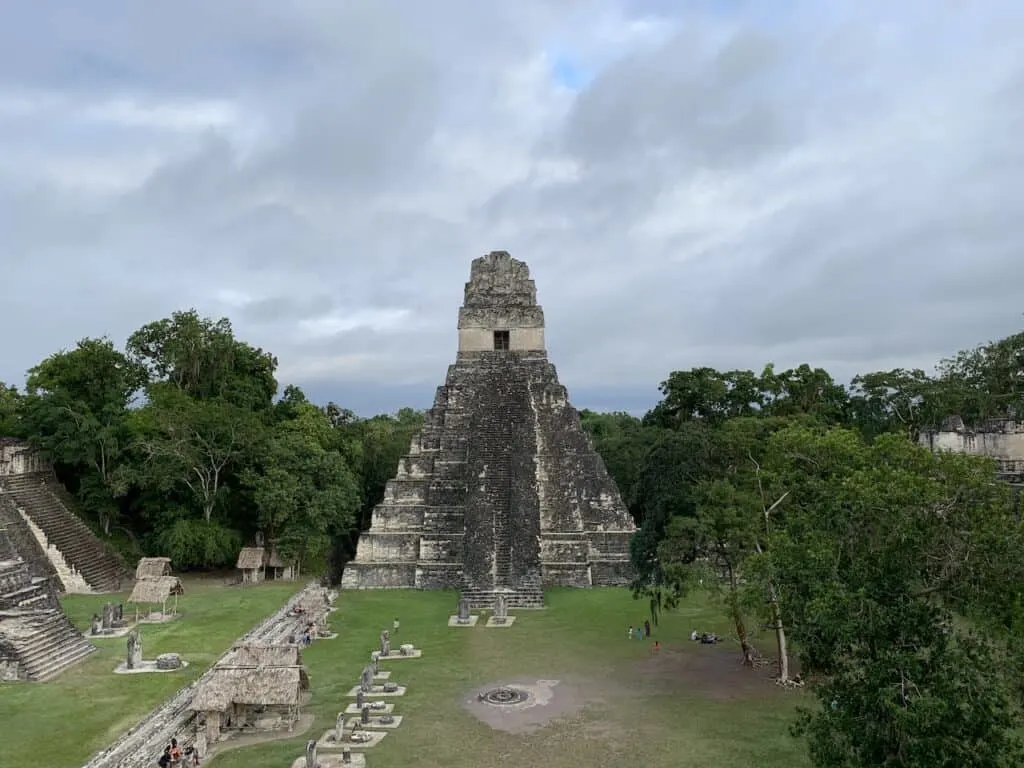
3) Cash & Money Travel Tips
This section will deep dive into some tips & tricks when it comes to cash, credit cards, and other money considerations.
No matter where you are in the world, you will always want to be prepared with money & financial decisions. I am hoping these tips can better help you out in that regards.
Getting Cash
When taking out cash in local currency, your main two options are to do so through an ATM or through a currency exchange office.
For the most part, you will find that ATMs will offer you the best rate when it comes to currency exchange. This is mostly due to the massive markup fees that the exchange shops will add onto your final bill.
And when choosing ATMs, choose those that are actual bank ATMs. You may find “currency exchange” type of ATMs which will be more expensive than your standard bank ATM.
One last tip here is to always try to go to an ATM inside of an actual bank. It is not uncommon for scammers to attempt to steal credit card information off of card swipers added onto ATMs. By going into banks, you can avoid this potential issue.
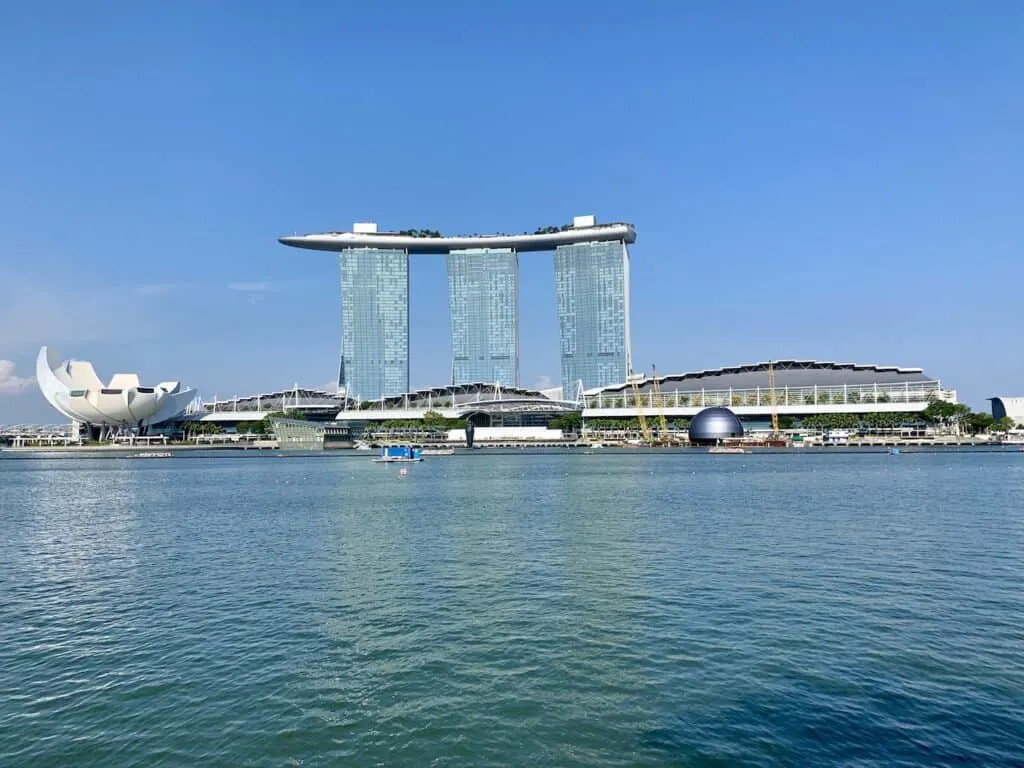
Always Have Cash
While some countries can be very reliant on credit cards, there is always the chance that you will need cash. I would recommend to always have some cash on hand in case of those scenarios.
You don’t want to put yourself in a situation where you need to pay a toll, or find out a card machine is broken. Always have some cash on hand just in case.
It is best to have currency denominations of all kinds, as sometimes it can be difficult to split up larger bills.
Bring Some Extra USD
As a backup option to local currency (and a backup option in case ATMs don’t work), always have some USD with you as well (could also be Euro, GBP, or other major currency).
Similar as before, you just don’t want to be stuck in a situation where you need cash but can’t access any.
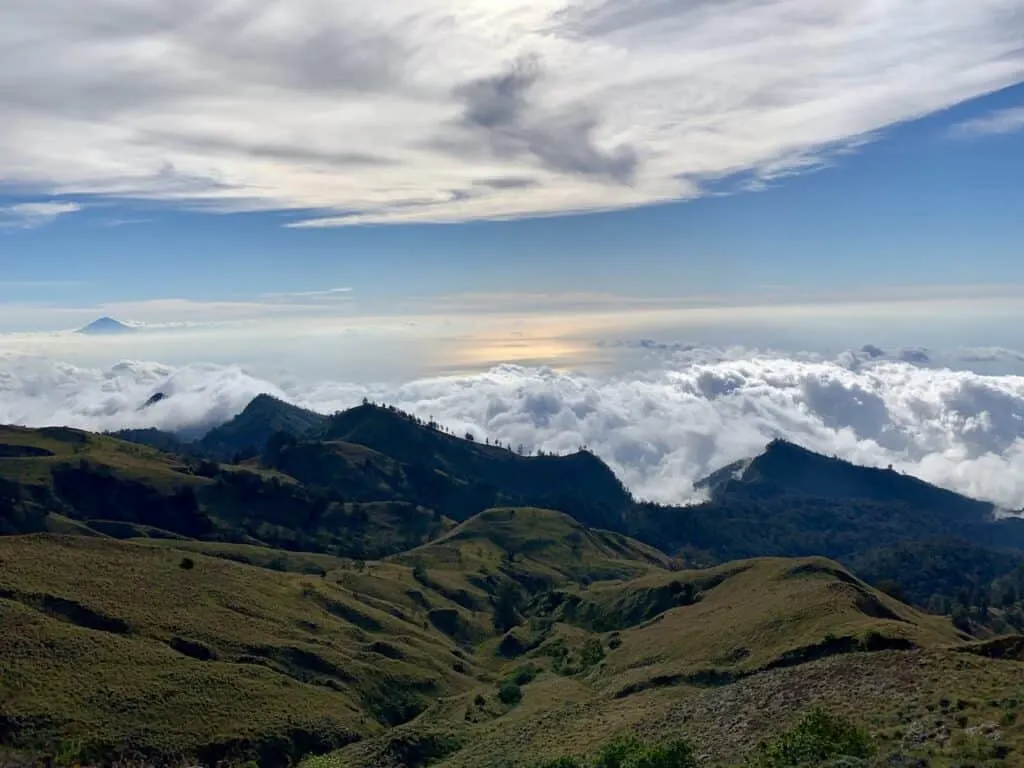
Choose Local Currency on Credit Card Transactions
When swiping your credit card in another country, you will be given a choice of whether to pay in local currency or your own currency. This is also called “Cardholder Preferred Currency”.
During these transactions, you should always choose to pay in the local currency. If you choose to pay in your own currency, the payment terminal will calculate a worse conversion fee that includes additional fees.
If you pay in local currency, it is then up to your credit card/bank to determine the conversion rate, which will always be in your favor compared to the other option.
Have Two Credit Cards
I would also recommend bringing along two credit cards with you when abroad. In the case where one gets lost, has a fraudulent charge, or just stops working, then you will always have another available.
When you do so, be sure you contact both credit card companies to let them know you will be traveling overseas. Sometimes if credit card companies are not aware, they may begin to block transactions.
Be Organized with Splitwise
If you happen to be traveling with 1 or more people, odds are there will be some sharing of expenses throughout the trip. One person may pay for the hotel, another for the rental car, someone else for the activities, and then many split food costs throughout.
To best organize all of these expenses, I would recommend downloading an app called Splitwise. Within the app you can add expenses, split bills between different people, and even use other currencies.
I have found it to be extremely helpful when settling up and keeping things organized throughout a trip.
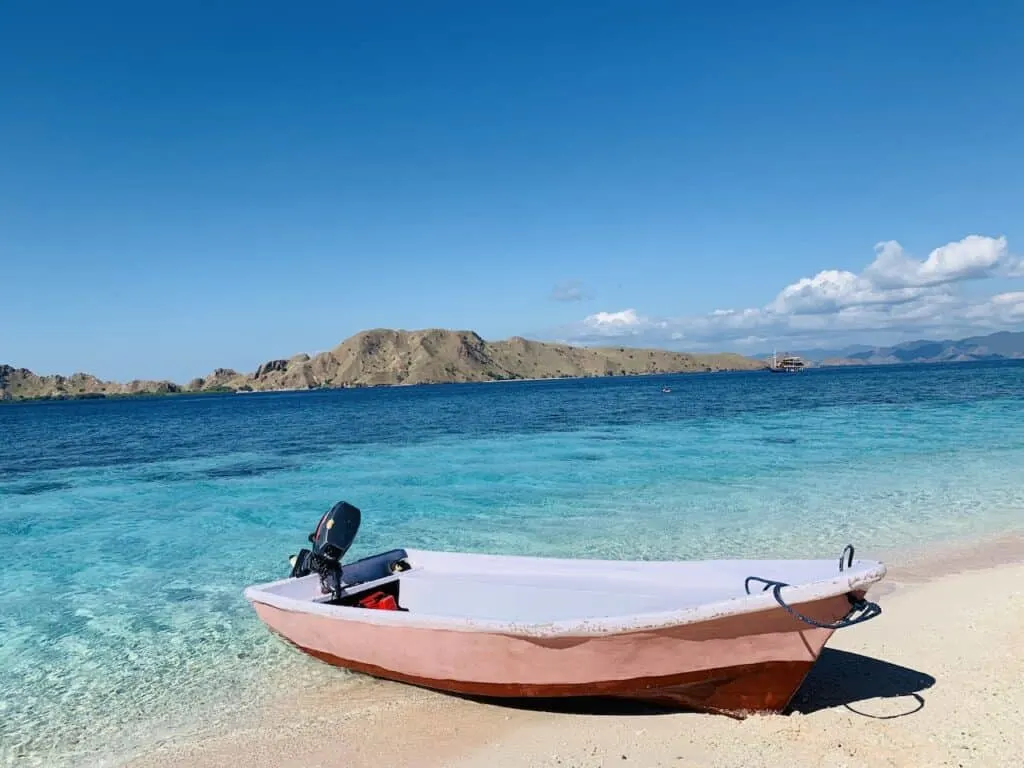
4) Logistics Travel Tips
While sometimes traveling can be nice & stress free, other times there can be many logistics involved where things get a bit more complicated.
These travel tips are focused on some of the logistical parts of traveling and how to better prepare you.
Proof of Onward Travel
This travel tip is more so geared for those people who are taking longer term trips, and not just a 10-day vacation.
If you are planning to travel long term, chances are you don’t have all of your plans set in stone. You may want to stay in places longer or shorter depending on how you feel once you get there.
However, many countries/airlines require proof of onward travel. This means that you need to show an outbound flight to your following country. You simply cannot just book a one-way flight without an outbound flight sometime after.
While you can get away with not booking an onward flight, it can be a very tricky situation if you get caught at the airport. This would mean you essentially would need to book a flight on the spot for the airline or immigration officer to let you through.
During my trip around the world, I only flew on one-way flights. And I got asked for proof of onward travel a handful of times. Luckily, I always had something figured out. Some of these solutions include:
- Booking Refundable Tickets: although more expensive, you can simply cancel the flight once you arrive.
- Booking 24-hour Refundable Fares: if your travel time is less than 24 hours, you can book a normal ticket that has a 24-hour cancellation policy.
- Book a Cheap Outbound Ticket: some flights can cost less than $50. You can book one of these cheap fares and consider it just a cost to travel.
- Use a 3rd Party Service: there are certain online services that give you real tickets just for a certain time period. These were essentially created for this type of issue, and can cost less than $20.
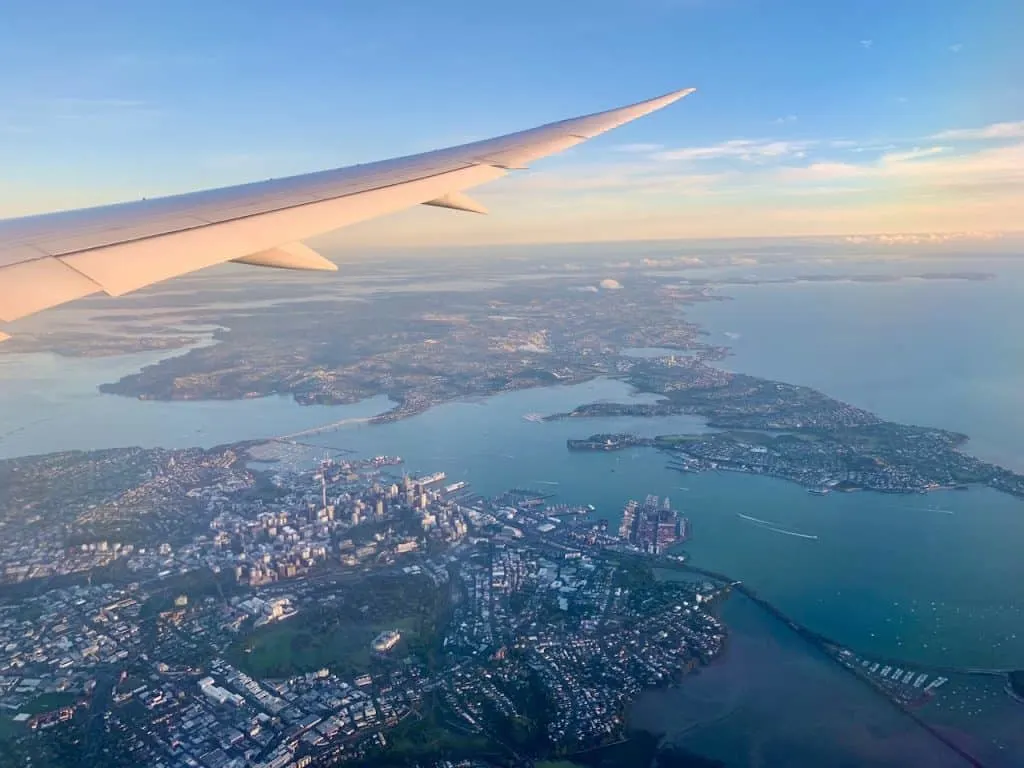
Leave Enough Time Between Flights
For those flights that require connections, always be sure to leave yourself enough time between flights. When researching connections through the years, I have constantly come across options with sub 1-hour transit times.
In my mind, these are just too short. Any issues with your first flight and you are bound to miss your second flight. Give yourself some peace of mind and try to keep 2 hours between flights just in case something does go wrong.
The additional time will also better guarantee that any potential checked baggage makes it onto the next flight.
Protect Yourself with Travel Insurance
When it comes to traveling, you never know what can go wrong – whether that be on the trip or back at home. That is why travel insurance is just so important.
Travel insurance covers a whole array of different things including:
- Flight Delay
- Flight Cancellation
- Lost Baggage
- Trip Interruption
- Medical Expenses
I also want to note that you should also check out what your credit card offers. Some of the more premium credit cards have insurance built into them. So, in certain instances you may be covered by your credit card company too.
In other instances, some credit cards offer more specific insurance like car rental insurance. This is great for those that don’t want to add on the more expensive insurance pricing when renting a car.
International Driver’s License
One often forgotten piece of travel is that some countries actually require an international driver’s license to rent a car. During my time traveling I have only come across that requirement in South Korea (while renting a car on Jeju Island), but it is common in other countries.
As you are researching your trip, feel free to educate yourself on the rental car requirements and whether an international driver’s license is necessary.
At least in the USA, it is quite easy to get an international driver’s license. Simply head on over to the AAA and they can get you set up immediately.
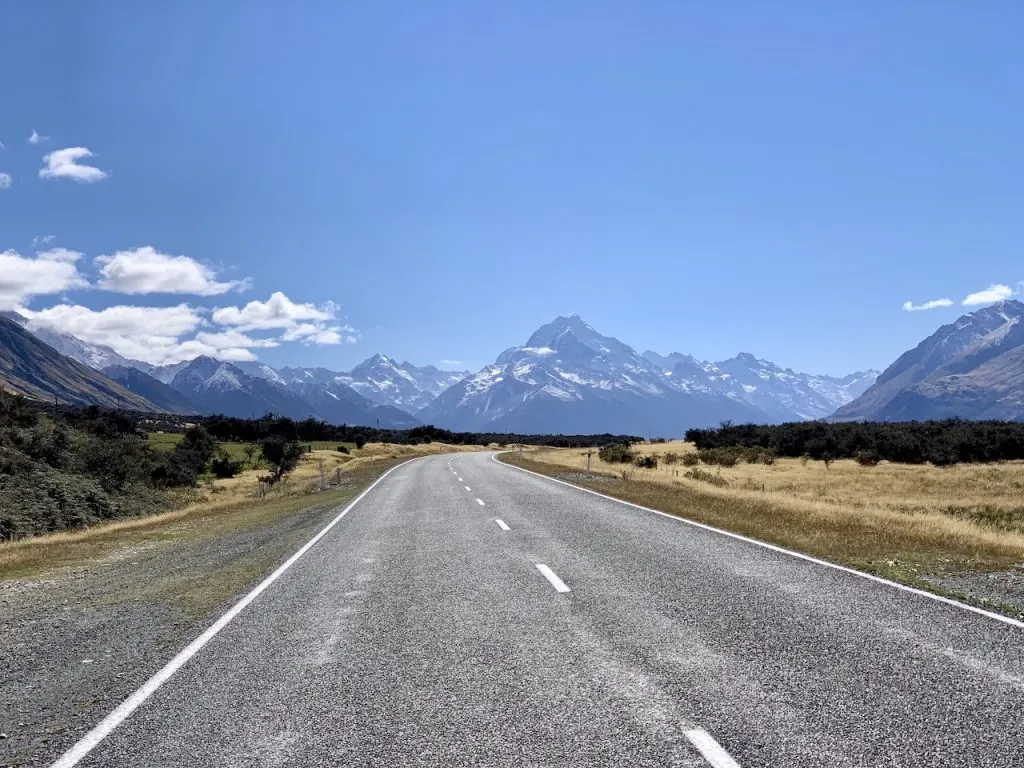
5) Travel Planning Tips
As you get started with planning a vacation, one of the main questions you will need to ask yourself is when do you actually want to travel & how to plan your trip accordingly.
Below are some helpful tips to take into consideration when choosing the best time of year to visit a certain destination.
Peak vs Off Peak Season
In general, you will always find a peak and off-peak season (and sometimes a shoulder season) for a country. Peak season is when most tourists are traveling to a destination while off peak is when you will find things a bit quieter.
As you turn from peak to off peak or vice versa, there are shoulder seasons that can come into play as well.
Peak and off-peak season is determined by a variety of factors, but most notably it is due to holiday breaks and weather.
Do you want to be surrounding by the crowds in peak season when the weather is great, or do you want to have a quieter experience even if the weather isn’t as good?
Peak season also will bring lower inventory in hotels & tours, with prices that are bound to be higher. If cost is a big factor, you must think about this too.
My go to for popular destinations is always trying to figure out if I can visit during a shoulder season. During these times, weather can still be ideal while crowds will subside and prices won’t be at their high.
While I can’t plan every trip like that, it is something that I would recommend looking into as you plan your trip.

Wet vs Dry Season
In some places around the world, there is a very distinct wet and dry season (or at least times of year when it rains more frequently).
While there can be a case made that wet season isn’t that bad in every place, it is usually best to avoid it. That way you have a better chance to fully take advantage of your destination & not risk being rained-in.
You should easily be able to research rainy and dry season months during the travel planning phase and pick a month that works best for you.
Look Out for Holidays
I would also recommend to understand the holiday season when booking a trip. This can be in the form of actual holidays such as Christmas to New Year’s or the classic summer holiday in Europe.
When traveling during holidays such as Easter, Christmas, New Year’s, etc., you are going to put yourself in situations where costs will be at their highest in addition to the crowds. If you do plan to travel during these times, just be ready for it.
In addition to worldwide holidays, be sure to understand when local holidays take place too. Golden Week in Japan or Holy Week in the Philippines are just two examples of this.
During these times, there are not only international travelers, but also all the locals travelers within the country as well. Although it can be part of the experience for some, others may not enjoy the crowds.
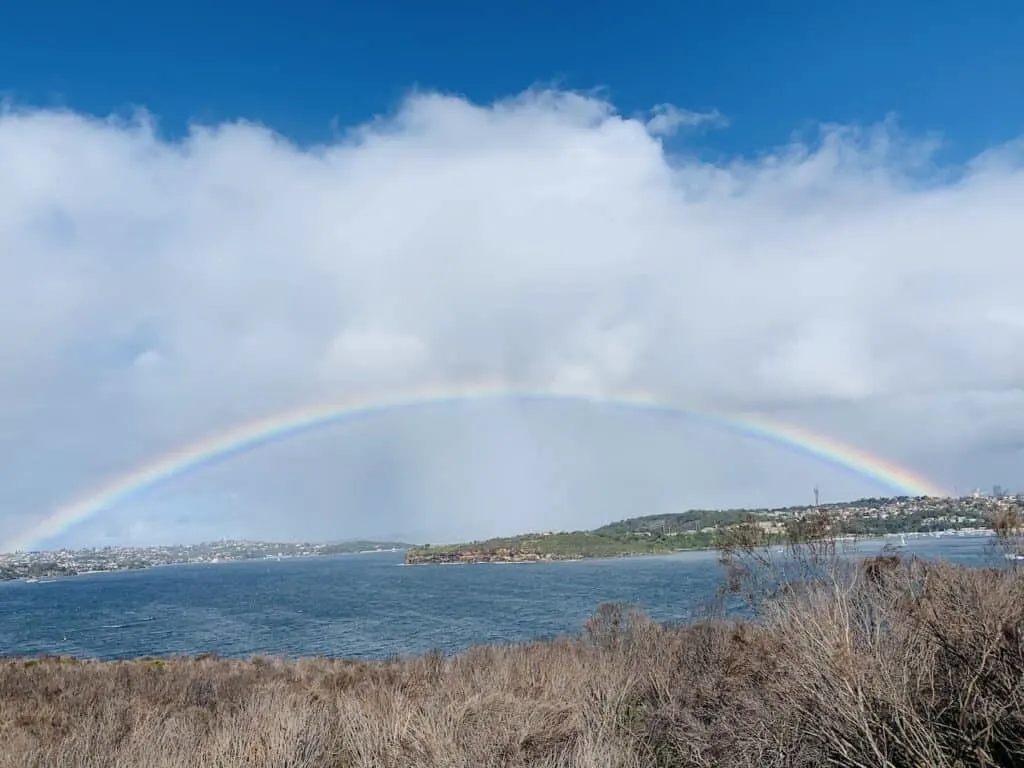
Daylight Hours
Another consideration when traveling is how many daylight hours will you have each day. Believe me when I say a winter trip to Iceland will be much different than a summer trip.
Hours of sun can range from just 4-5 hours in the winter to nearly 24 hours in the summer!
These of course will be two completely different trips, as the winter trip may be more Northern Lights focused while the summer trip is more hiking focused.
As you think about the country you are visiting and what you want to do there, you should consider how much time each day you will have to actually take part of activities.
Stay Flexible
One key factor when planning trips is to keep things flexible from time to time. While you may be abiding by an itinerary, I would advise against having hour by hour plans each day.
This very much coincides when dealing with a lot of outdoor activities. You can never control the weather and sometimes that means the rain will stop you from doing one thing or another.
Instead of telling yourself you must do a hike on day 1 and explore the city on day 2, keep yourself flexible! If day 2 has the better hiking weather, then switch things up a bit.
It can be difficult to do this in every situation, but try and be flexible as you see fit.
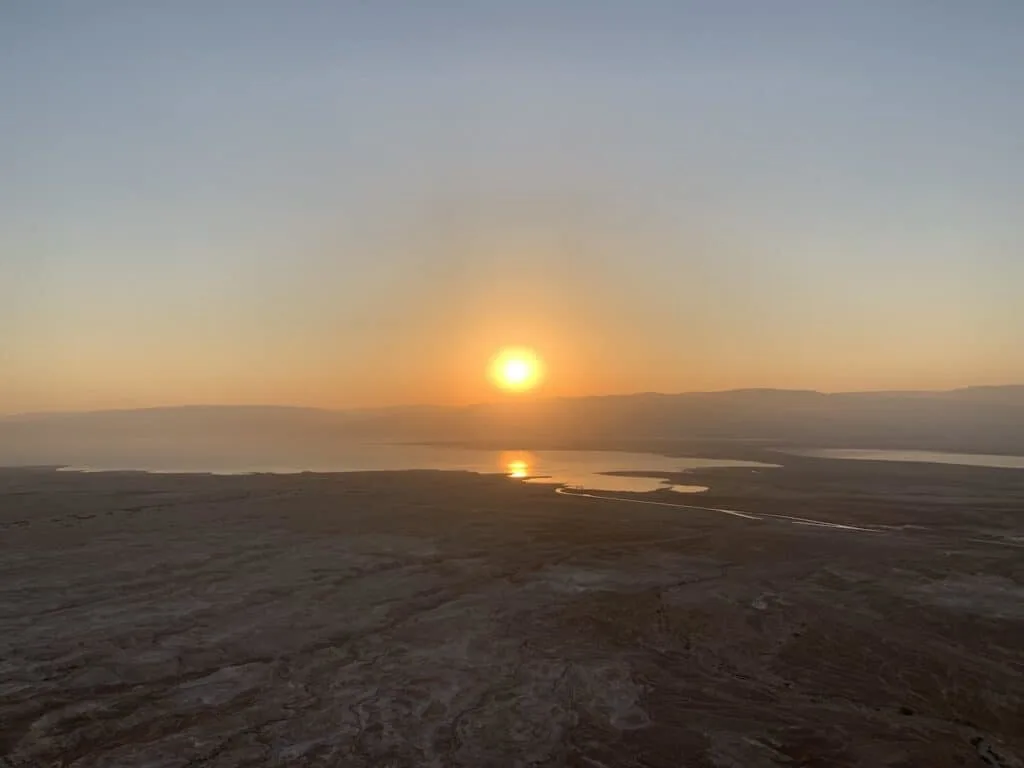
6) Staying Connected Travel Tips
Next up are some tips on how to best stay connected when you are abroad along with some additional phone specific tips.
Grab a Local SIM Card
Depending on your current phone plan (and budget), getting a local SIM card is something to look into. If you have an unlocked phone, you can simply pop out your current SIM and add in the local SIM.
Local SIM cards can be bought right at airports or around main city centers, and are usually pretty cheap. While you can use your phone without a local SIM, many providers can charge $10+ per day to be connected internationally.
A local SIM can be a very budget conscious way to always stay connected while abroad.
Tip: if you have a data limit and take lots of photos, I would recommend turning off iCloud (or similar) photo backup without WIFI. Backing up photos can eat up a lot of data, so be sure to only do so when connected to Wi-Fi.
Download Offline Maps
You never know when you may lose service abroad and will need directions. To avoid these situations, I would recommend to download offline maps (either through Google Maps or an app like Maps.me).
This way, even if you do lose service, you will never be in a situation where you can’t use navigation. Although traffic data and public transport data won’t be available offline, you can still use it for driving or walking routes.
Hiking Tip: downloading offline routes is highly recommended during hiking trips. Check out the Hiking Navigation & GPS overview up on the site to learn more.
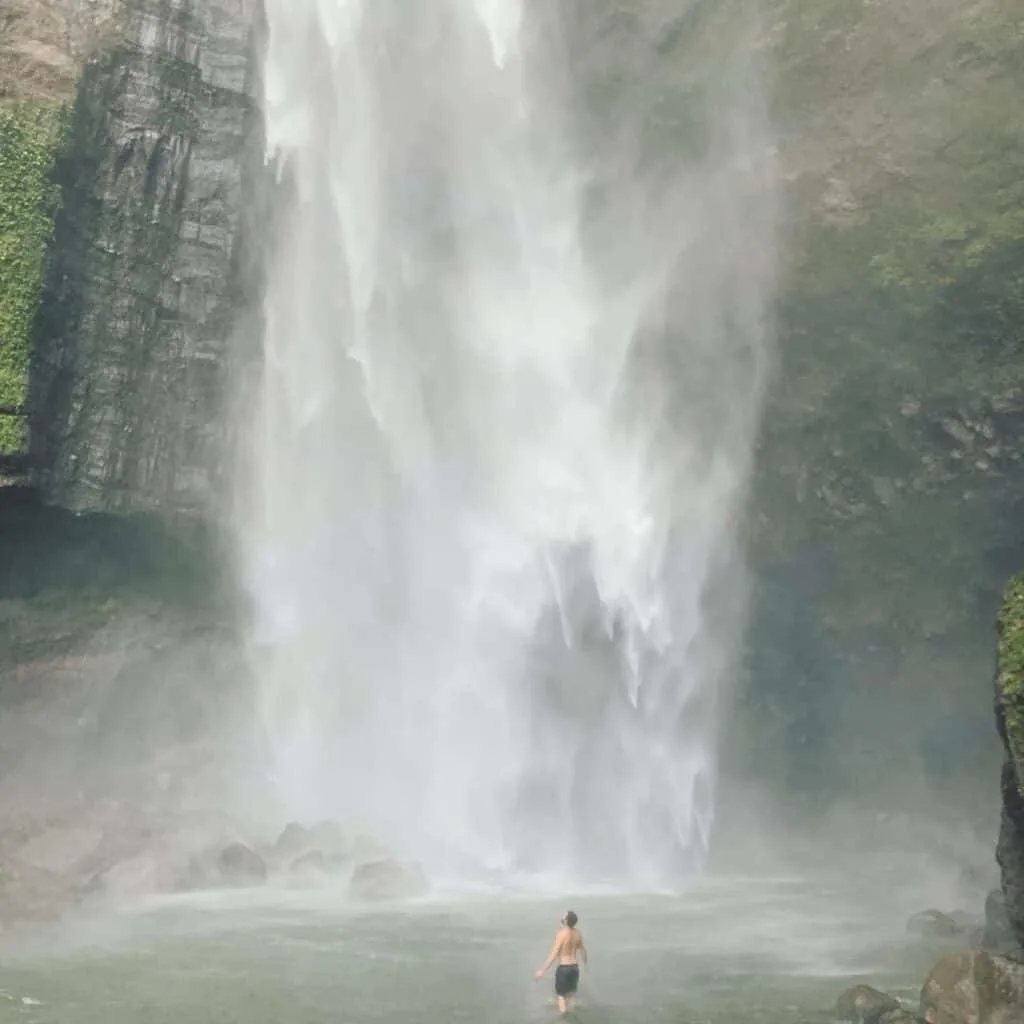
Communicate with Google Translate
If you are traveling to a country where another language is spoken, then Google Translate (or a similar app) should be downloaded. These apps can help you better communicate with locals, read menus & streets signs, and keep you connected with those around you.
The app has saved me plenty of times when traveling abroad, so I can highly recommend downloading it for yourself.
Be sure to also download the language of choice, so if you do happen to go offline, the app will still work.
Download WhatsApp
Over the years I have found that WhatsApp is one of the most important apps to have downloaded. While emailing with hotels, tours, drivers, etc., is one way to communicate, there can be lags.
Instead, many of these spots have WhatsApp numbers, that are much more responsive than just standard email. It gives you the chance to text back and forth, and even make phone calls.
This can even be helpful prior to actually departing for a trip. You can touch base with the local providers directly and then keep that line of communication open.
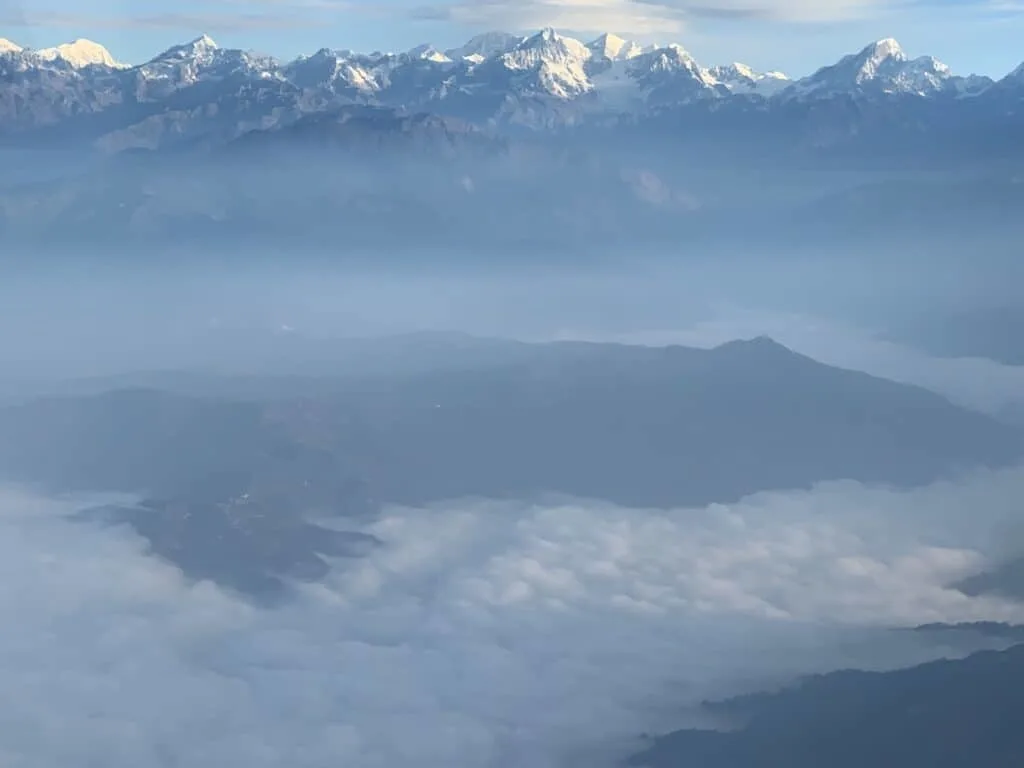
7) Experience Travel Tips
Let’s finish up with some travel tips that I have found to make my overall experience that much better. These are pretty general and don’t apply for everyone/everywhere, but can be very useful in some situations.
Wake Up Early
Understandingly some vacations are not meant for early wake ups. But sometimes an early wake up can mean all the difference. During those summer trips to Europe, cities like Rome, Venice and Florence can get absolutely packed with tourists.
But what if you just woke up early and headed out into the streets before the crowds. The experience will feel completely different. Getting to walk the streets and enjoy the surroundings without the hustle & bustle of the crowds can be well worth it.
While you don’t have to wake up early every day, I would recommend trying it out here and there.
Catch a Sunset
If you wake up early enough, maybe you can catch a sunrise. But for those that aren’t early birds, a sunset can be just as good.
Most places you visit may have some known sunset spots. Whether that is a bar, a promenade, a viewpoint, or a beach. Be sure to add some of these onto your itinerary and catch the last rays of light over the city.
Some of my best memories and favorite photos are from sunset, so I am always on the lookout for them when traveling.
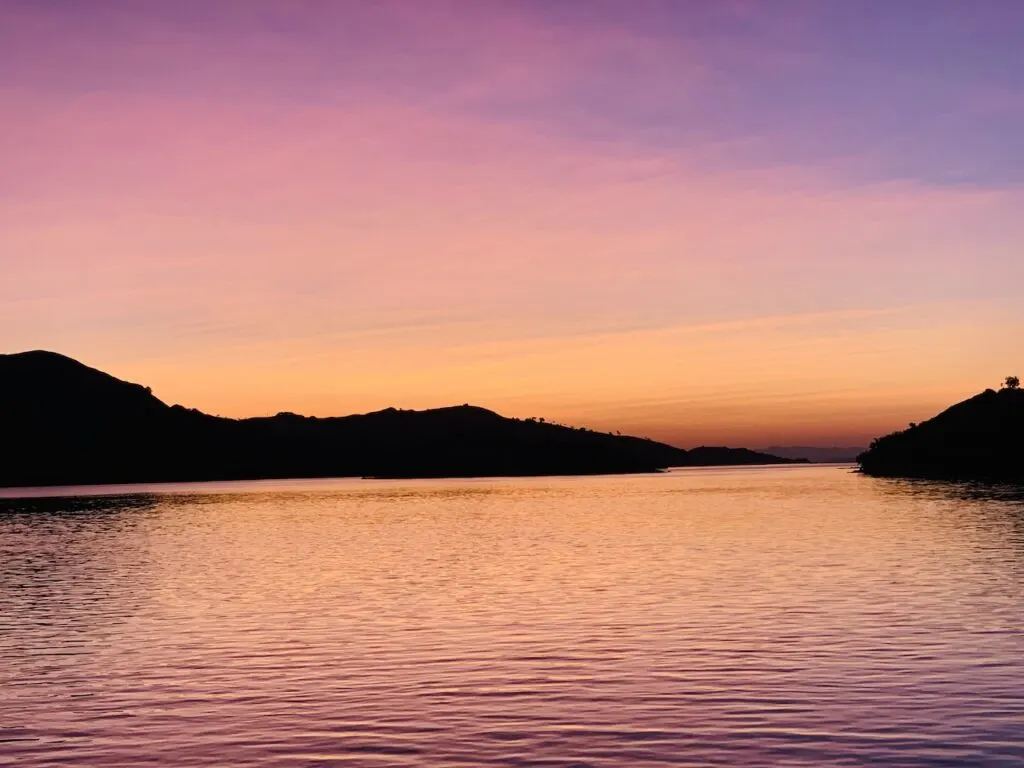
Stargaze at Night
In certain parts of the world, further away from city centers, you may find ideal stargazing spots. So, once it becomes dark, that doesn’t mean to just head to sleep.
If you happen to be closer to the mountains or are in the desert, then stargazing should be added to the list. It never crossed my mind before that I could actually clearly see the milky way or shooting stars.
But once I started to travel and pay attention to where I was (such as in Mount Cook National Park), I got to see some unbelievably beautiful night skies around the world. Sit back, relax, and see the stars go by.
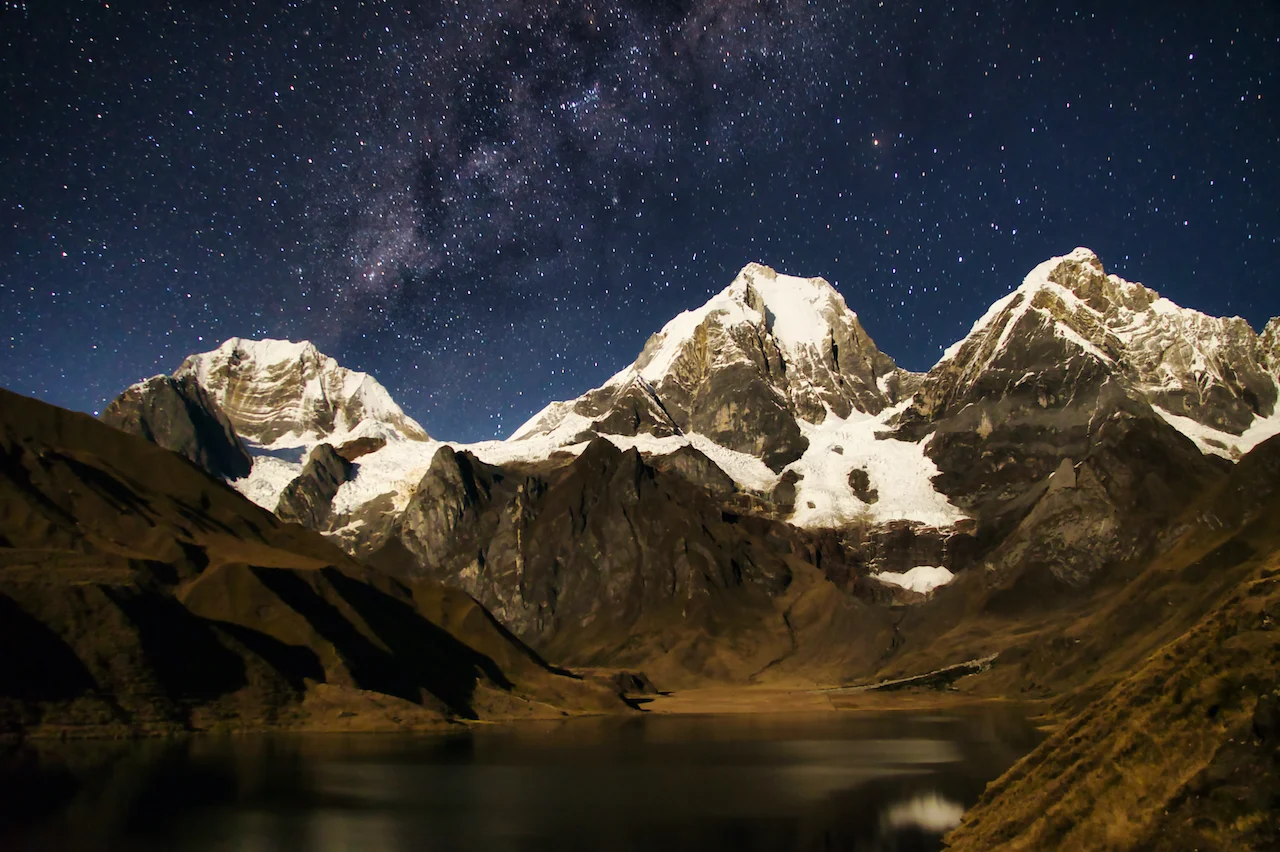
Enjoy the Nightlife
When traveling it can sometimes be exhausting sightseeing all day. The only thing you want to do at the end of the day is to head back to the hotel and go to sleep.
And while you certainly should rest up to enjoy those days, try and fit in some time to fully appreciate the nightlife of the city you are in as well.
Now, not every city will have a nightlife scene, but many do. Whether that means heading out to the bars, just walking around the city center, or taking in a show, there can be plenty of activities to do after dark.
Try Something New
Last but not least on this list of travel tips is to simply try something new. Each place you visit may offer some sort of experience or activity that is not offered everywhere else. Take advantage of these opportunities while you can!
Scuba diving, volcano hikes, waterfall treks, sky diving, cliff jumping, cooking classes – the list goes on and on.
Believe me, you don’t want to regret not doing something! Enjoy the country and all that it has to offer.

I hope this list of travel tips can better help you plan & experience your next adventure. If you have any questions or comments, be sure to add them in below.
Have fun out there and safe travels!




